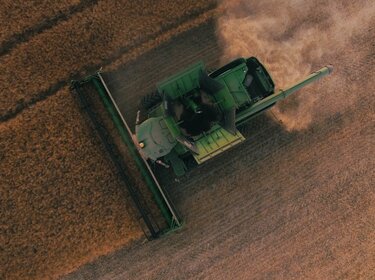The proposed EU-Commission's Regulation to streamline the use of non-road mobile machinery on public roads is welcomed by TÜV-Verband, DEKRA, SGS and GTÜ. However, the effectiveness of the EU-wide harmonized regulatory framework in upholding or enhancing road safety standards for this type of vehicle will depend on the design of the technical requirements in the delegated acts.
The current lack of unified requirements for non-road mobile machinery on EU public roads leads to delays and costs for manufacturers and end users. The proposed Regulation aims to address this gap, remove barriers, improve standards, and enhance competitiveness in EU industries. Key features of the proposed Regulation include establishing a harmonized regulatory framework, reducing administrative burden and costs, ensuring proportionality and legal certainty, and implementing effective market surveillance procedures aligned with EU legislative framework on products. Harmonizing technical requirements for non-road machinery will enhance the Single Market, promote free circulation, and ensure high road safety standards. TÜV-Verband, DEKRA, SGS and GTÜ support the creation of a European legal framework based on harmonized type approval regulations.
Ensuring road safety remains a top priority for regulating NRMM
The members of TÜV-Verband, DEKRA, SGS and GTÜ express strong support for designing non-road mobile machinery in a way that minimizes risks to occupants, others, and road infrastructure, aligning with the Vision Zero approach. The development of comprehensive and standardized guidelines in the delegated acts is crucial for effective implementation of the Regulation, focusing on detailed technical requirements and tests for various machine features. Applying the same technical requirements for non-road machinery as for motor vehicles is important, with compliance assessed by an independent and neutral technical service.
Harmonized requirements for excessive dimensions and weights of non-road machinery should be provided to enable their circulation on public roads. Future type-approval procedures should consider the increasing complexity of mobile machines, including functional safety and electrical safety. The members of TÜV-Verband, DEKRA, SGS and GTÜ will actively participate in the drafting of the delegated acts, contributing expertise to ensure effective implementation and maintenance of road safety standards.
Download
Stellungnahme der Technischen Dienste zum EU-Vorschlag für eine Regulierung von NRMM




